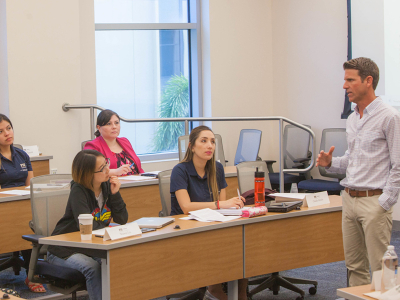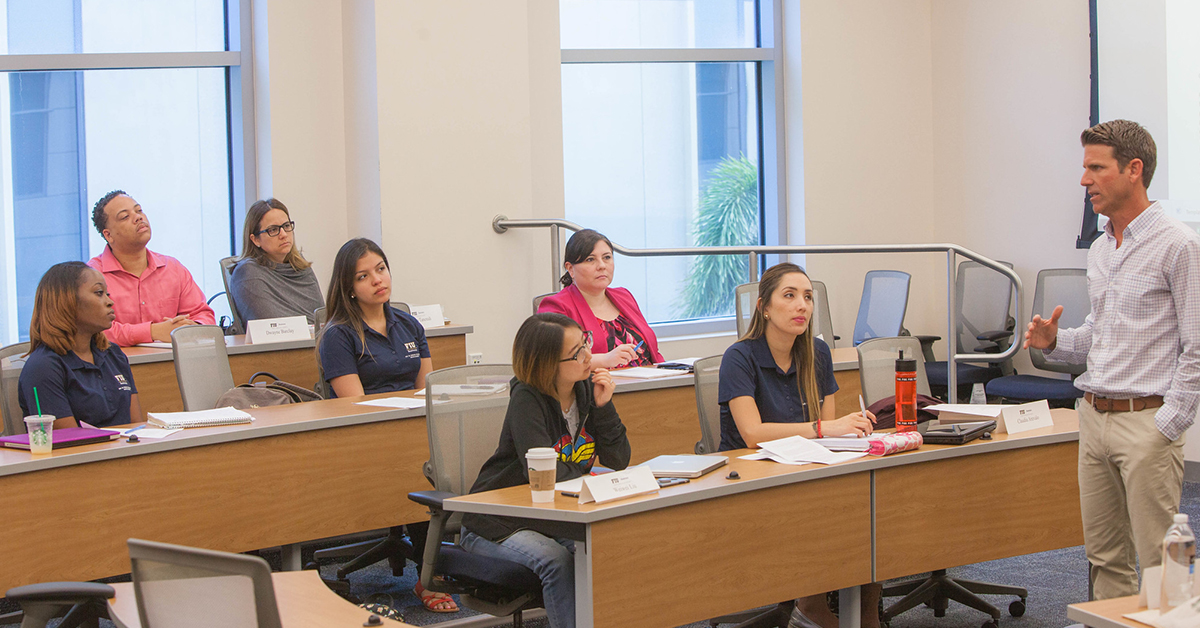Professional certification programs are a vital professional development tool. Aside from showing an individual’s dedication to their industry, certification provides reassurance that you have the required knowledge to succeed in the role you take on.
Two major certifying organizations in the field of human resources are the Human Resource Certification Institute (HRCI) and the Society of Human Resource Management (SHRM). Both organizations provide trustworthy credentials to help set you apart from your peers and offer more opportunities to advance your career and increase your earning potential.
Although eligibility varies, both require a certain level of higher education and work experience. The higher your degree, the fewer years of work experience are needed to be eligible to sit in on the exams.
Society for Human Resource Management (SHRM)
SHRM has over 100,000 certified professionals in the industry. Their titles and requirements differ slightly from HRCI. Applicants are not required to hold an HR title or degree, as long as their responsibilities include HR-related work.
For a full list of requirements, you can visit their eligibility website.
https://www.shrm.org/credentials/certification/eligibility-criteria
This certification is meant for HR professionals who implement policies and strategies, serve as point of contact for staff and stakeholders, deliver HR services, and perform operational HR functions.
Students are eligible to sit for this exam if they are in their final year of a graduate program that had been approved to meet the SHRM curriculum guidelines. FIU's Master of Science in Human Resource Management (MSHRM) program is the only program in Florida to meet these curriculum guidelines.
This is for senior HR professionals who develop strategies, lead the HR function, foster influence in the community, analyze performance metrics, and align HR strategies to organizational goals.
Human Resource Certification Institute (HRCI)
Ninety-three percent of Fortune 500 companies employ HRCI certification holders, according to the organization’s website. There are eight (8) different types of certifications for different needs, ranging from beginners to global specializations. Highlighted are the two most common:
Professional in Human Resources (PHR)
The PHR is an excellent certification to establish yourself in the industry. The PHR is for those with experience in program implementation, tactical/logistical orientation, accountability to another HR professional within the organization, and responsibilities that focus on the HR department rather than the whole organization.
You’ll need one to four years of experience, depending on your degree, to complete this exam.
Senior Professional in Human Resources (SPHR)
Organizations seek out SPHR-certified professionals for their proven accountability for HR department goals, for breadth and depth of knowledge in all HR disciplines, and for understanding business issues beyond the HR function. SPHR certification demonstrates your mastery of the strategic and policy-making aspects of HR management as practiced in the U.S.
You’ll need to have four to seven years of work experience, depending on your degree, to complete this exam.
Preparing for your human resources certification exams
Both organizations offer material to study and prepare for these exams. FIU's MSHRM curriculum includes a mandatory class that reviews the entire body of HR knowledge and prepares you to take their certification exams. It is also important to note that these certifications will need to be renewed throughout the years.
For more information on how certifications can increase your earning potential, and improve your job prospects, read "What is the career outlook for jobs in human resources?"


